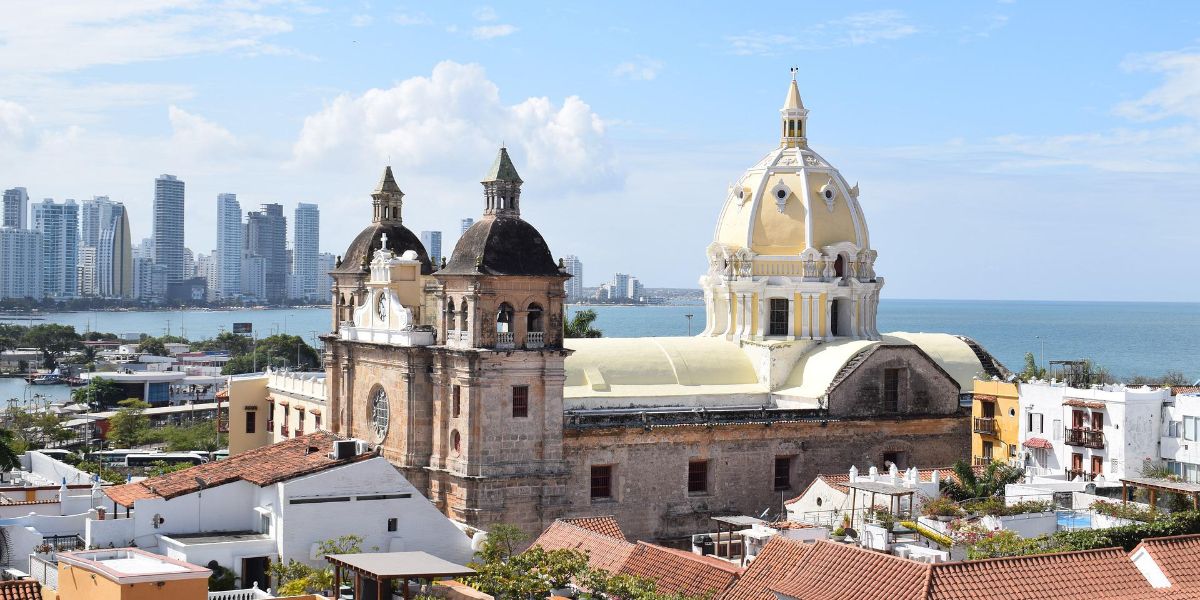The tax reform bill proposed by Colombian President Gustavo Petro was rejected by the four economic committees of the Colombian Congress on 11 December 2024. The rejection of the tax reform comes after Congress also rejected the government’s budget for 2025.
Finance Minister Diego Guevara stated earlier this week that the proposed reform would generate an additional COP 9.8 trillion. The outcome is a setback for Petro, whose government has cut spending by COP 28.4 trillion this year due to lower-than-expected tax revenue.
Earlier, Colombia’s Ministry of Finance presented the tax reform bill to Congress proposing several key changes to the country’s tax system on 10 September 2024.
One of the main changes was a progressive corporate income tax based on the tax value units (Unidad de Valor Tributario – UVT), starting in 2025. Rates would range for income up to UVT 6,285 (taxed at 27%), income between UVT 6,285 and 120,000 would be taxed at 34% in 2025, and rates would decrease annually to 33% in 2026, 32% in 2027, 31% in 2028, and 30% from 2029 and onward. Income over UVT 120,000 would be taxed at 34% in 2025, reducing to 33% from 2026 onward.













